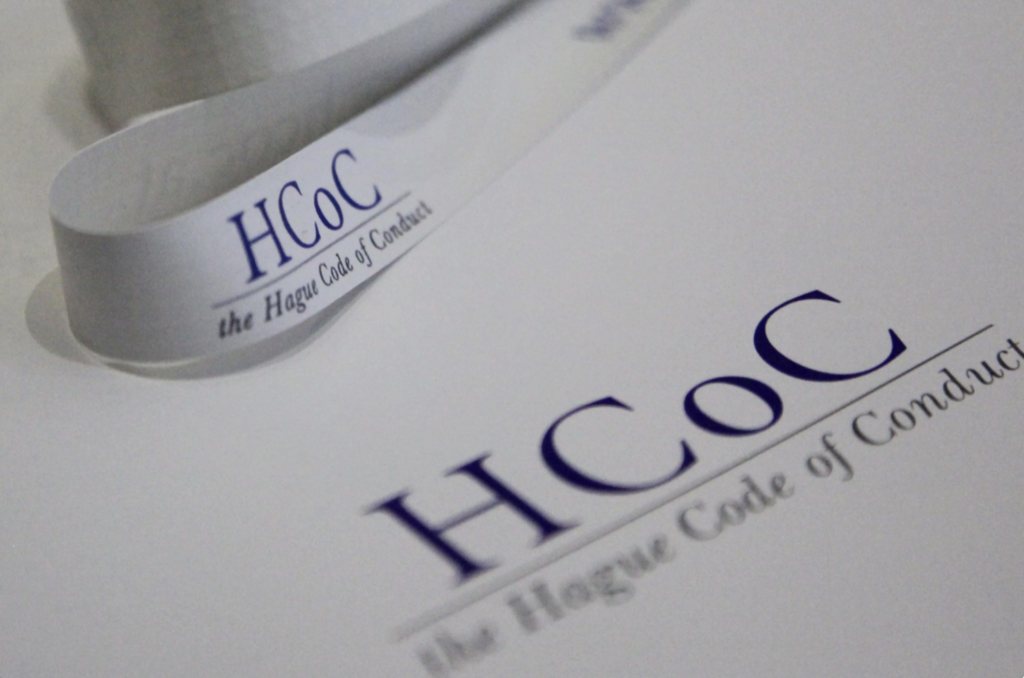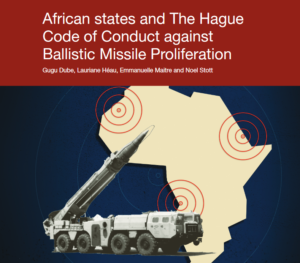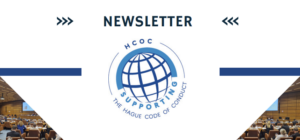Vienna outreach side event on HCoC
31 May 2013
On 31 May 2013, the FRS organised, on behalf of the European Union, an outreach event in support of both the HCoC and ballistic missile non-proliferation. This meeting took place at the Vienna International Centre in the margins of the HCoC annual meeting of subscribing states.

AGENDA
PRESENTATIONS
- H.E. Györgyi MARTIN ZANATHY, Permanent Representative of the European Union to the International Organisations in Vienna
- H.E. Tsutomu OSAWA, Permanent Representative of Japan to the International Organisations in Vienna; HCoC Chair
- H.E. Alfredo LABBÉ VILLA, Permanent Representative of Chile to the International Organisations in Vienna
- Dr. Xavier PASCO, Senior Research Fellow, Foundation for Strategic Research


